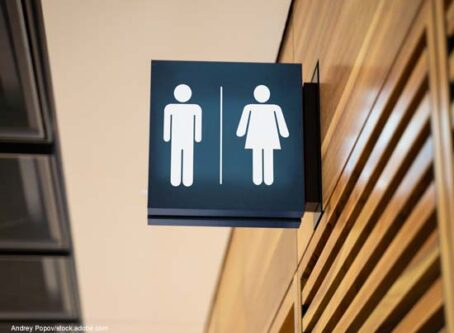Tolls set to rise on San Francisco area bridges; legal challenge continues
Toll increases are days away from taking effect on seven bridges in the San Francisco area. What ultimately happens with the money is not yet certain.
The second of three scheduled toll increases approved by voters three years ago is set to take effect the first of the year.
A lawsuit awaiting review in the California Supreme Court will determine whether the voter-approved initiative to raise bridge tolls will be upheld.
Regional Measure 3
In June 2018, voters in the San Francisco area approved Regional Measure 3 to pay more to cross bridges to secure more money for transportation work throughout the region.
By a 55% to 45% margin, voters in the city and county of San Francisco and the other eight Bay Area counties approved a question to double bridge tolls. The additional revenue is touted to help get $4.45 billion in transportation work done over the next 25 years, including a project to reduce truck traffic.
Approval of Measure 3 required a simple majority of votes cast in all nine counties.
A majority of voters in Alameda, Contra Costa, Marin, Napa, San Francisco, San Mateo, Santa Clara, Solano and Sonoma counties agreed to increase toll rates by $3 over six years on the seven state-operated bridges in the area.
The Golden Gate Bridge is exempt. The bridge is run independently of the state.
The first $1 increase took effect on Jan. 1, 2019. Another increase is slated to take effect on Jan. 1, 2022. The third of three increases is set for Jan. 1, 2025.
After 2025, tolls could be increased for inflation.
Additional toll revenue collected since the first increase has topped $300 million. The revenue is being held in escrow awaiting the outcome of legal challenges. Revenue resulting from the upcoming toll increase also will be put into escrow.
California Supreme Court to settle issue
The Howard Jarvis Taxpayers Association challenged the measure’s outcome. The group argues that tolls are a tax.
California law requires two-thirds of voters to approve a change in tax collection.
In 2020, the First District Court of Appeals sided with the Metropolitan Transportation Commission and the Bay Area Toll Authority that the tolls are not taxes. Instead, the court agreed the higher tolls are a fee increase.
A San Francisco superior court had the same interpretation.
The issue has since been sent to the California Supreme Court. If the court rules in favor of challengers, funds collected since 2019 will be returned to bridge users.
Truck projects included
Approval of Measure 3 is touted to benefit 35 projects intended to take vehicles off the road and eliminate bottlenecks on the Bay Area’s most heavily traveled routes.
An estimated $160 million will be designated for projects to reduce truck traffic congestion and mitigate environmental effects.
Eligible projects include improvements in Alameda County to enable more goods to be shipped by rail, and access improvements to Interstates 580, 80 and 880, and to the Port of Oakland.
A separate project covers I-80 westbound truck scales. Specifically, $105 million is set to be allotted to “improve freight mobility, reliability, and safety” on the I-80 corridor by funding improvements to the westbound truck scales in Solano County.
Jan. 1 increase
Tolls will rise by $1 on Jan. 1: to $7 for two-axle vehicles, $17 for axles, $22 for four axles, $27 for five axles, $32 for six axles, and $37 for combinations with seven or more axles.
Discounts are available for certain motorists. LL
More Land Line coverage of news from California is available.









